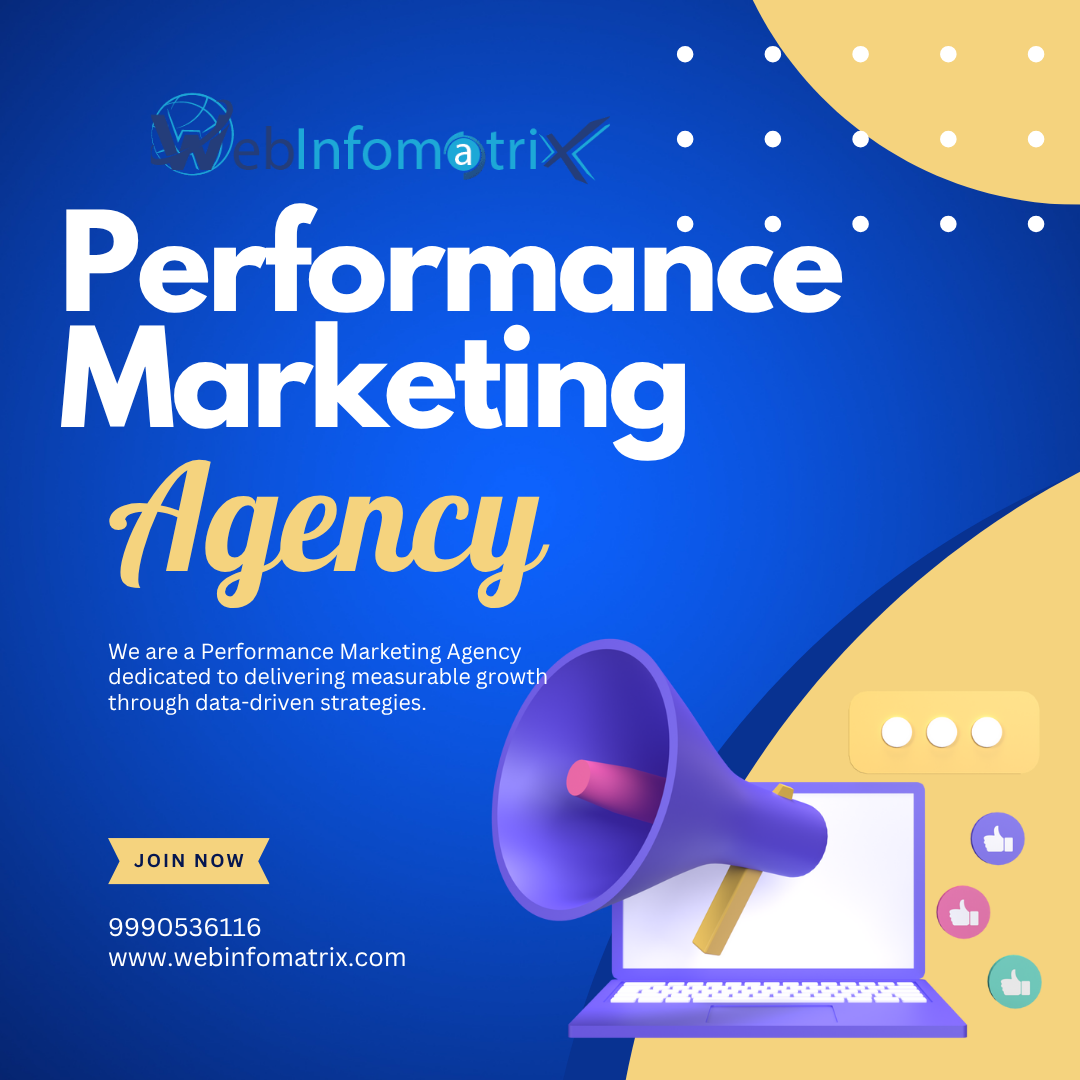The acceleration of artificial intelligence from research labs to business operations has created unprecedented demand for specialized development expertise. Organizations across industries recognize that competitive advantage increasingly depends on their ability to deploy intelligent applications that learn, adapt, and deliver insights at scale. However, bridging the gap between AI potential and practical implementation requires access to comprehensive AI application development services that combine technical mastery with strategic business understanding.
The Evolution of AI Development Services
AI application development has matured significantly from its early experimental phase. What once required specialized research teams and academic partnerships now benefits from established frameworks, proven methodologies, and accessible tools. Yet this maturation has also revealed the complexity involved in creating production-ready AI applications that deliver consistent value.
Modern AI application development services encompass far more than algorithm implementation. They represent end-to-end capabilities that address every aspect of the AI lifecycle, from initial strategy and data preparation through model development, deployment, monitoring, and continuous optimization. This comprehensive approach ensures that investments in AI translate into measurable business outcomes rather than interesting but isolated experiments.
Strategic AI Consulting and Planning
The foundation of successful AI implementation begins with strategic clarity. Before writing a single line of code or training any models, organizations must identify where AI can create the most significant impact. Professional AI application development services start with thorough consultation that examines business objectives, operational challenges, competitive dynamics, and technological readiness.
This strategic phase involves stakeholder workshops that surface diverse perspectives on organizational needs and opportunities. It includes competitive analysis that reveals how peers and disruptors are leveraging AI. Technical assessments evaluate existing data assets, infrastructure capabilities, and skill gaps that might constrain implementation.
The output from strategic planning creates a roadmap that prioritizes initiatives based on value potential, implementation complexity, and resource requirements. This roadmap transforms abstract AI possibilities into concrete projects with defined timelines, budgets, and success metrics.
Data Engineering and Preparation Services
Data represents the lifeblood of artificial intelligence, yet most organizations struggle with data that is fragmented across systems, inconsistent in quality, poorly documented, and inadequately governed. Comprehensive AI application development services address these challenges through specialized data engineering capabilities.
Data assessment services audit existing data assets to understand what information is available, where it resides, how it is structured, and what quality issues exist. This assessment reveals gaps that must be addressed before meaningful AI development can proceed.
Data pipeline development creates the infrastructure needed to collect, clean, transform, and deliver data to AI systems. Modern pipelines handle both batch and streaming data, accommodate structured and unstructured formats, and implement quality controls that ensure consistency.
Data governance frameworks establish policies, procedures, and controls that manage data as a strategic asset. These frameworks address privacy protection, security requirements, regulatory compliance, and ethical considerations that are essential for responsible AI deployment.
Custom AI Model Development
At the core of AI application development lies the creation of machine learning models tailored to specific business challenges. Professional services bring expertise across the full spectrum of AI techniques, from classical machine learning algorithms to deep neural networks, from supervised learning approaches to reinforcement learning strategies.
Model development begins with problem formulation, where business challenges are translated into machine learning tasks. This translation requires both technical knowledge and domain expertise to ensure the approach matches the problem characteristics.
Feature engineering extracts relevant signals from raw data, transforming information into formats that enable effective learning. This often requires creative thinking about what patterns might exist and how they can be represented mathematically.
Model architecture selection chooses appropriate algorithms and structures based on problem requirements, data characteristics, and performance constraints. Different approaches excel in different contexts, and experienced practitioners know how to match techniques to needs.
Training and validation iteratively refine models through exposure to data, continuously evaluating performance and adjusting parameters to optimize results. This process requires both computational resources and expertise in diagnosing issues and implementing improvements.
Natural Language Processing Solutions
Language understanding represents one of the most impactful AI application areas, enabling machines to interpret, analyze, and generate human communication. AI application development services specializing in NLP create solutions that transform how organizations interact with customers, process documents, and extract insights from textual data.
Conversational AI development builds chatbots, virtual assistants, and voice interfaces that conduct natural dialogues with users. These systems understand intent, maintain context, and provide relevant responses that feel genuinely helpful rather than frustratingly scripted.
Document processing automation extracts structured information from unstructured text, whether processing invoices, analyzing contracts, or summarizing reports. These capabilities eliminate manual data entry and accelerate document-intensive workflows.
Sentiment analysis and opinion mining evaluate customer feedback, social media discussions, and review content to understand how people feel about products, services, or brands. These insights inform marketing strategies, product development, and customer service improvements.
Computer Vision Applications
Visual data represents another rich domain for AI application. Computer vision services enable machines to interpret images and video, unlocking capabilities that augment human perception and automate visual tasks.
Object detection and recognition identify specific items within images, enabling applications from inventory management to security monitoring. These systems can distinguish thousands of object categories with accuracy that matches or exceeds human performance.
Facial recognition and biometric analysis enable secure authentication, personalized experiences, and advanced security applications. Privacy-conscious implementations balance capability with ethical considerations.
Quality inspection automation analyzes products for defects, ensuring consistency in manufacturing environments. These systems work tirelessly with consistent standards, improving quality while reducing costs.
Medical image analysis assists healthcare providers in identifying diseases, planning treatments, and monitoring patient progress. AI-augmented imaging enhances diagnostic accuracy while potentially saving lives through earlier detection.
Predictive Analytics and Forecasting
The ability to anticipate future trends, behaviors, and outcomes provides enormous strategic value. Predictive analytics services develop models that identify patterns in historical data and project them forward.
Demand forecasting helps organizations optimize inventory, staffing, and production based on anticipated customer needs. These predictions consider seasonality, trends, external factors, and complex interdependencies.
Customer behavior prediction identifies which customers are likely to purchase, churn, or respond to specific offers. Marketing teams use these insights to personalize campaigns and maximize engagement.
Risk assessment models evaluate potential threats in domains from credit lending to cybersecurity. These systems process vast amounts of data to identify patterns that indicate elevated risk.
Maintenance prediction anticipates equipment failures before they occur, enabling proactive repairs that minimize downtime and extend asset lifespans.
AI-Powered Process Automation
Intelligent automation combines AI with robotic process automation to handle complex workflows that traditionally required human judgment. These services create systems that not only execute repetitive tasks but adapt to variations and exceptions.
Intelligent document processing routes, classifies, and extracts information from diverse document types, handling variations that would confound rule-based systems.
Workflow optimization analyzes process execution data to identify bottlenecks, inefficiencies, and improvement opportunities. AI recommends and implements optimizations that accelerate completion times.
Decision automation codifies business logic into systems that make consistent, data-driven choices across thousands or millions of decisions. These systems ensure policy compliance while freeing human workers for higher-value activities.
MLOps and Deployment Services
Creating effective AI models represents only part of the challenge. Deploying those models into production environments where they operate reliably at scale requires additional expertise captured in MLOps practices.
Model deployment services package trained models into formats suitable for production environments, whether on-premises servers, cloud platforms, or edge devices. Deployment includes creating APIs that enable applications to access AI capabilities.
Monitoring and observability track model performance in production, alerting teams when accuracy degrades, processing times increase, or other issues emerge. Continuous monitoring ensures AI systems maintain their value over time.
Model versioning and lifecycle management handle the reality that AI models require periodic updates. Services provide infrastructure for testing new versions, gradually rolling out improvements, and rolling back if issues arise.
Industry-Specific Solutions
While AI techniques are broadly applicable, different industries face unique challenges that benefit from specialized expertise. Professional AI application development services often develop deep capabilities in specific sectors.
Healthcare AI services navigate complex regulatory requirements while developing solutions for diagnosis support, treatment planning, and patient monitoring. Retail AI optimizes pricing, inventory, and personalization. Financial services AI tackles fraud detection, risk management, and algorithmic trading. Manufacturing AI enhances quality control, predictive maintenance, and supply chain optimization.
Integration and Modernization
AI applications rarely operate in isolation. Integration services ensure new AI capabilities connect seamlessly with existing systems, from enterprise resource planning platforms to customer relationship management tools to legacy databases.
API development creates interfaces that enable different systems to communicate effectively. Microservices architectures provide flexibility and scalability. Cloud migration services move AI workloads to platforms that provide necessary computational resources.
Training and Knowledge Transfer
Sustainable AI adoption requires building internal capabilities alongside external development support. Comprehensive services include training programs that educate teams on AI fundamentals, best practices, and specific system operations.
Workshops provide hands-on experience with AI tools and techniques. Documentation creates reference materials that support ongoing system management. Mentoring relationships transfer knowledge from expert practitioners to internal teams.
Ethical AI and Responsible Development
As AI systems increasingly influence important decisions, ethical considerations become paramount. Professional development services implement practices that promote fairness, transparency, and accountability.
Bias detection and mitigation techniques identify and address unfair outcomes across demographic groups. Explainability features help stakeholders understand how AI systems reach conclusions. Privacy-preserving techniques protect sensitive information while enabling valuable analysis.
Conclusion
The breadth and sophistication of modern AI application development services reflect the maturity and importance of artificial intelligence in contemporary business. Organizations that engage comprehensive development partners gain access to expertise, methodologies, and technologies that would be prohibitively expensive to build internally. More importantly, they accelerate their journey from AI aspiration to AI realization, transforming operations and creating competitive advantages that define success in the intelligent era.






